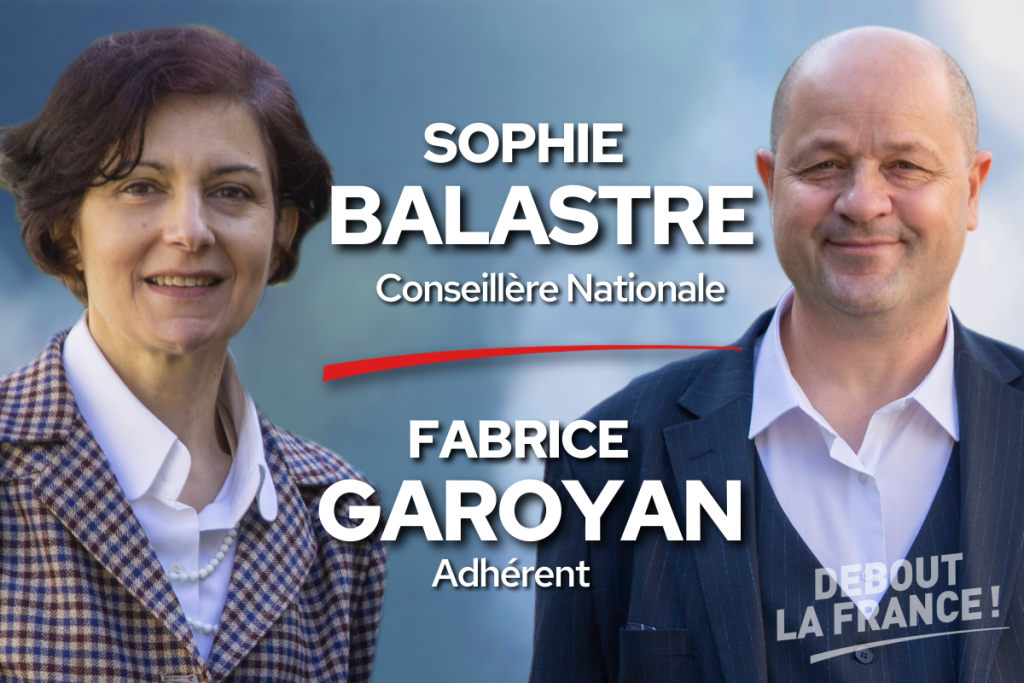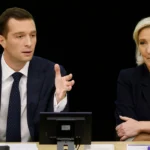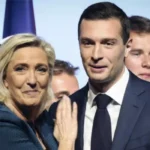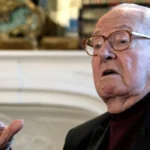The European Union is dead in Artsakh. Neither in Berlin nor in Paris but in this territory populated by Armenians for millennia and annexed by Russia after its war against Persia (1804-1813). A century later, the First World War and then the Soviet Revolution redraw the maps and rename the territories. In 1915, more than a million and a half Armenians were exterminated on their ancestral lands, a genocide still denied by present-day Turkey. From 1918 to 1920, this policy of extermination continued on the disputed territory of Artsakh, at the initiative of Azerbaijan created in 1918. Three years later, in complete violation of international law then represented by the League of Nations, Stalin turned around and offered the new State a birth gift: Artsakh, now called Nagorno-Karabakh. For this dictator, only the need for oil and the need to spare neighboring Turkey count.
Everything changes so that nothing changes. With the war in Ukraine, the European Union chose to import gas from Azerbaijan. Unable to know if, under the Baku label, it does not also buy Russian gas resold for a third more expensive: a practical way for Russia to circumvent sanctions and a fool’s bargain for Europeans whose energy bill is rising. flies away. But President Aliyev is a reliable and trustworthy partner, according to European Commission President Ursula von der Leyen. For nine months, the inhabitants of Artsakh suffered from the blockade of the Lachin corridor, connecting them to Armenia. After starving the 120,000 inhabitants in the enclave, Baku moved up a gear by bombing Stepanakert, the capital, then terrorizing and massacring civilians in border villages, including children. Faced with the inequality of forces present, a ceasefire was announced on September 20.
The diplomacy of the Pantheon. Since the ceasefire, the inhabitants of Artsakh have fled en masse to Syunik in Armenia, a region now claimed by the autocrat Aliev, a very reliable partner in his atrocities. Ethnic and cultural cleansing is underway: monasteries are destroyed, mountain crosses torn down. What is still worth this European Union which observes this crime against humanity without flinching? What are its values? Where are his sanctions? This technocratic machine organizes in rapid succession “and at the same time” the economic and moral bankruptcies of its member countries.
Already a year ago, Nicolas Dupont-Aignan condemned the attack “by our Armenian brothers” and urged President Macron to reconnect with the non-aligned diplomacy of General de Gaulle. Is there still a French diplomacy defending a multipolar world? Failing to help the Armenians live on their land, the French President will accompany the entry into their last tomb, at the Pantheon, of the resistance fighters Mélinée and Missak Manouchian. Is mass said?
This article is originally published on debout-la-france.fr







